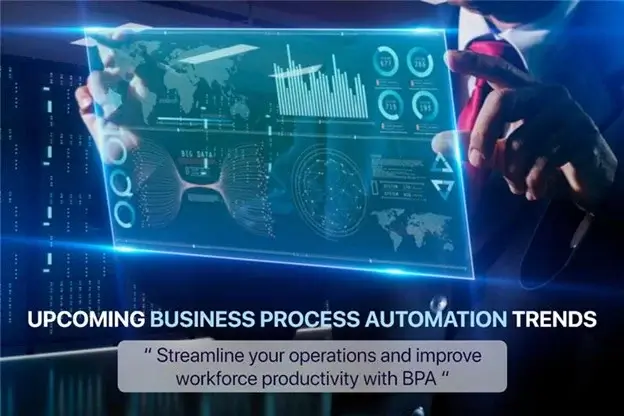

In today's digital world, it is vital for businesses to stay ahead of their competitors and keep up with changing customer trends. Therefore, corporations use enterprise software solutions that are ever-expanding to serve customers' needs better and maintain an efficient work environment among staff members who require new skill sets due to the constantly evolving digital and technical landscapes.
To face such scenarios and meet customers' demands, various enterprises globally have adopted Business Process Automation (BPA) as the most viable solution.
I perceive the following trends in BPA to become mainstream and widely adopted by businesses globally:
No-code integration: Codeless platforms enable non-technical users to build custom business apps and automate workflows. This solution reduces the barriers to utilizing an integration, which is crucial in rapidly developing customized solutions that meet your needs and those of customers who will be using it with you. This shift also enables them to rapidly integrate new systems with their existing ones through automated workflows powered by code-less BPA platforms.
AI and ML powered Hyperautomation: Hyperautomation is a new, futuristic trend that leverages the power of Artificial Intelligence (AI) and Machine Learning to automate many workflows in an organization. This software architecture will eventually be capable of completing any tasks you assign to it with minimum human intervention.
Hyper-Automation is an advanced capability that will bring about this shift by seamlessly connecting all aspects of your business through cohesive processes for enhanced performance as well as productivity gains among employees who'll be able to work more closely with better awareness; together on one platform instead of operating individual systems or applications outside each other's purview.
Utilizing both BPA and RPA: With RPA solutions, businesses have managed staff shortages and minimized in-person contact during COVID lockdowns. In addition, these bots helped automate repetitive tasks, which brought in results such as better ROI for companies using this technology.
RPA tools helped businesses save money by minimizing manual tasks that would've been dependent on manual efforts or with rules-based systems.
I believe that in a world where remote workspaces are the norm, integrating BPA and RPA bots to enable the replication of human interactions will be essential for businesses moving forward.
Share